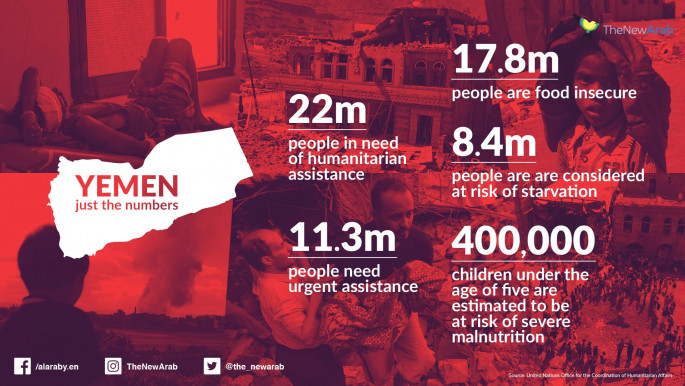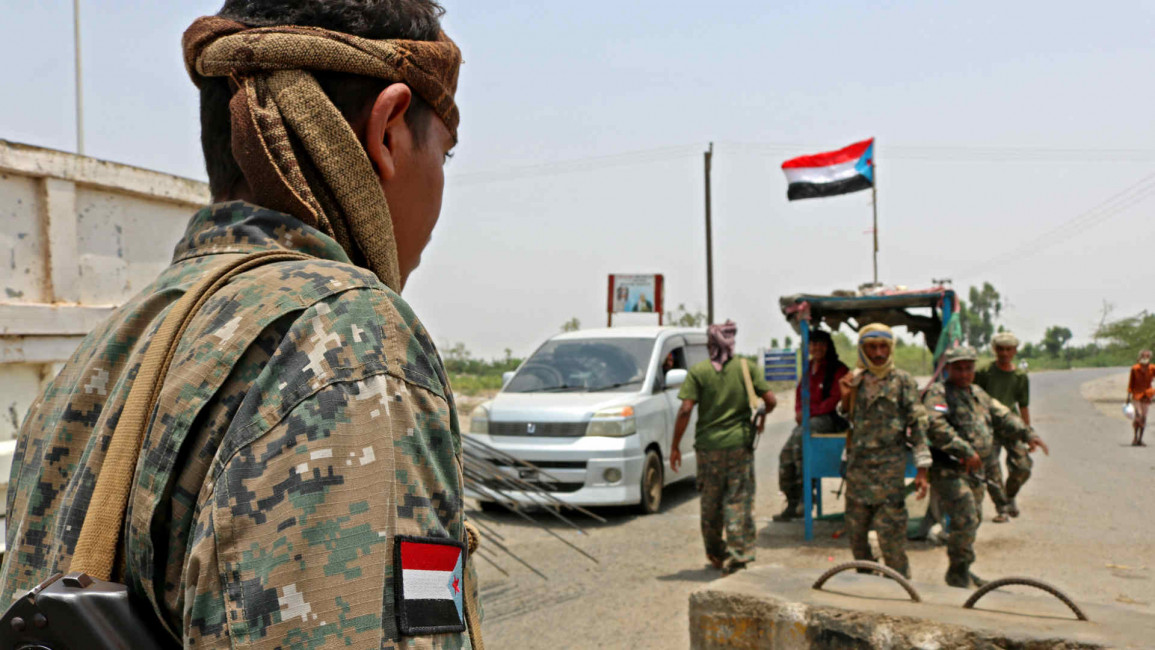UAE relinquishes power to Saudi Arabia in south Yemen following 'successful negotiations'
The UAE has trained and supported forces of the separatist Southern Transitional Council (STC), which seeks an independent southern Yemen, despite being a key pillar in a Saudi-led military coalition backing the government against Iran-aligned Houthi rebels.
The STC security force said the UAE "has withdrawn" from Al-Anad airbase, Yemen's largest located north of Aden, the southern city's international airport and a port "and handed them over to Saudi troops".
Yemen's internationally-recognised government and the STC have been holding indirect negotiations in Saudi Arabia aimed at reaching a power-sharing agreement, after clashes that erupted earlier this year.
Comment: Saudi Arabia, UAE have lost the plot in Yemen, but it's good news for Russia
The pull-back is apparently aimed at facilitating the deal being thrashed out between the government and the separatists.
The development on Monday came after Yemeni witnesses last week said more Emirati troops have been pulled out of Yemen's southern port city of Aden.
An Emirati convoy boarded a military ship at Buraiqa oil terminal near the Aden refinery, two officials told Reuters, while four refinery employees said they witnessed a large convoy of military vehicles and three buses carrying approximately 200 troops towards the terminal.
The two sides have for weeks taken part in indirect and discreet talks in Saudi Arabia's western city of Jeddah with the kingdom's mediation, an official from the separatist Southern Transitional Council (STC) told AFP.
The official, who spoke on condition of anonymity, said there has been "a lot of progress" in the past couple of days.
A Yemeni government source confirmed that talks between the two parties have been ongoing.
If reports are true, it could prove to be a welcome move for both sides, after gruelling fighting over recent months brought the allies to breaking point.
 |
The STC have fought alongside the Saudi-led alliance since its intervention in 2015 in support of the government of President Abd Rabbo Mansour Hadi which was toppled in the capital, Sanaa, in late 2014 by the Houthis.
In August, the STC, who demand self-rule in Yemen’s south, rebelled against the government and seized parts of Aden, sparking a further civil war within the already complex conflict.
Read more: Yemen in Focus: Talks all round signal a positive step towards peace
Since the uprising, deadly fighting has raged in Aden, Yemen's economic capital, threatening to break the country apart.
The conflict in Yemen has killed tens of thousands of people, most of them civilians, according to humanitarian organisations, and left Yemen faced with what the UN terms the world's worst humanitarian crisis.
Follow us on Twitter: @The_NewArab

![Members of the Algerian delegation threw roses into the Seine [Getty]](/sites/default/files/styles/image_330x185/public/2024-07/GettyImages-2162980872.jpg?h=199d8c1f&itok=h_3o_TOL)

![The Libyans were arrested at a farm in Mpumalanga province east of Johannesburg [Getty]](/sites/default/files/styles/image_330x185/public/2024-07/GettyImages-2162903568.jpg?h=199d8c1f&itok=4Qzg79i1)